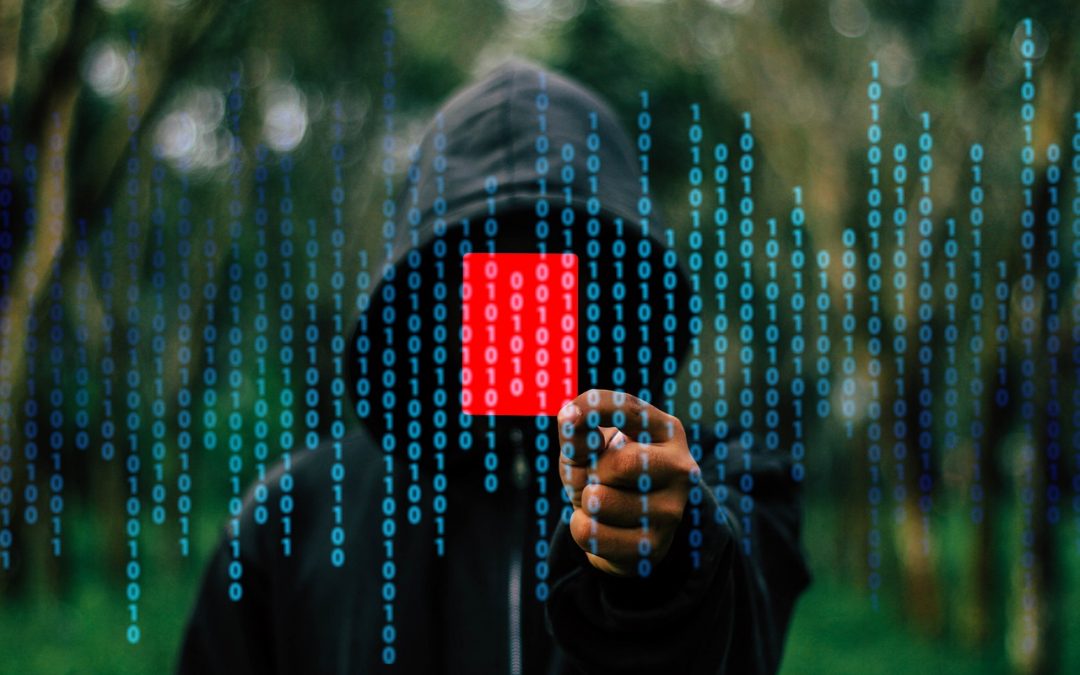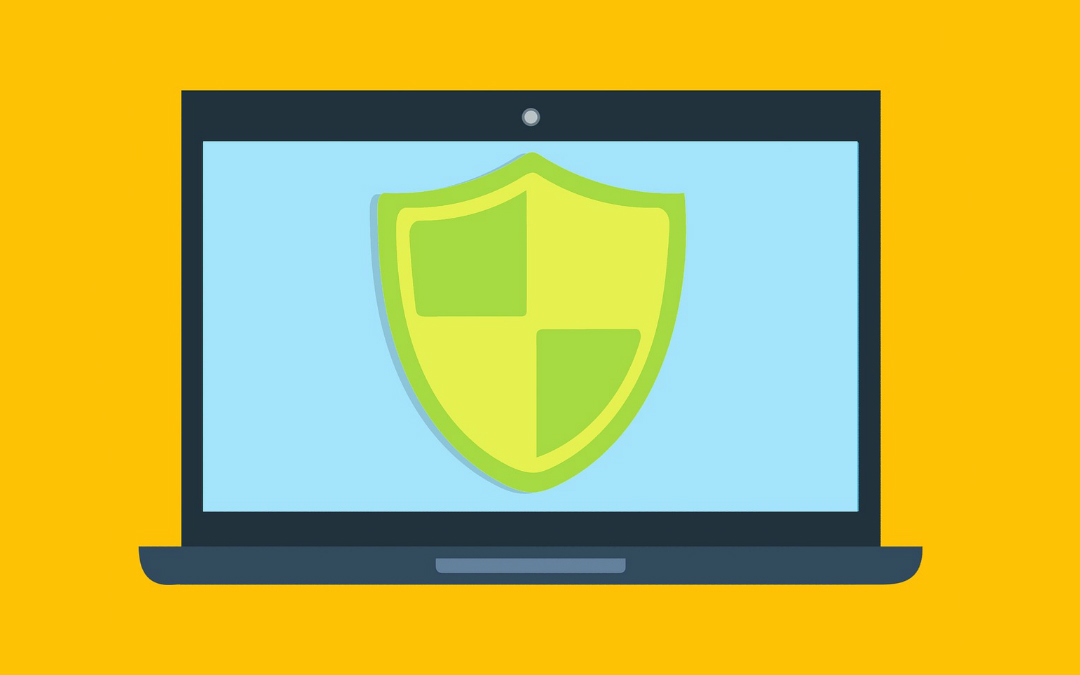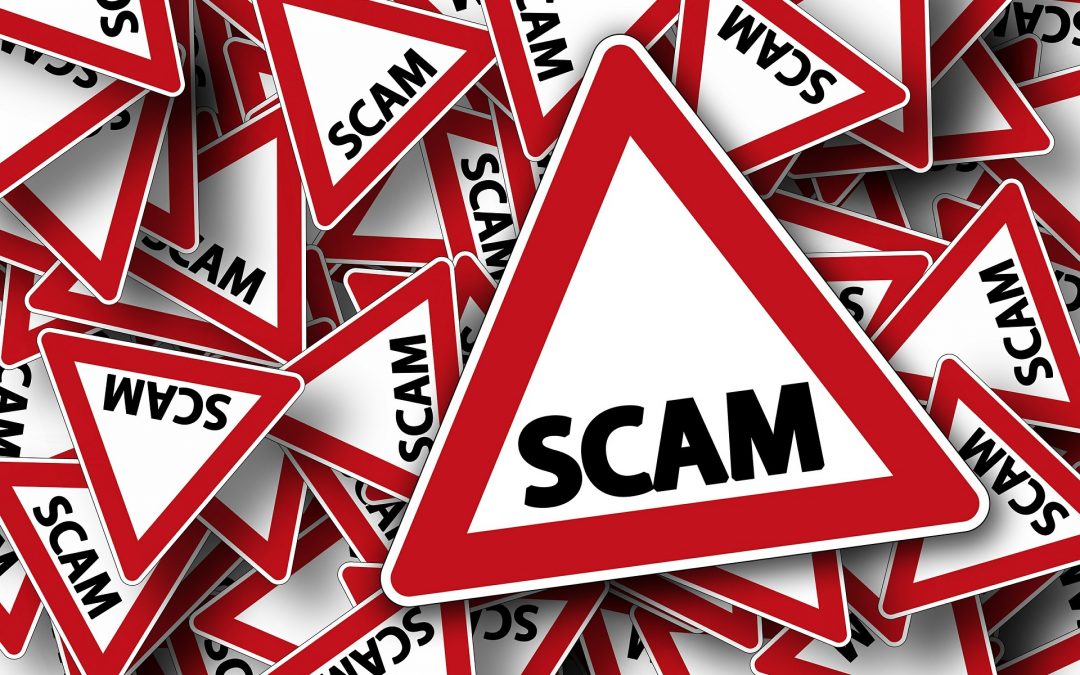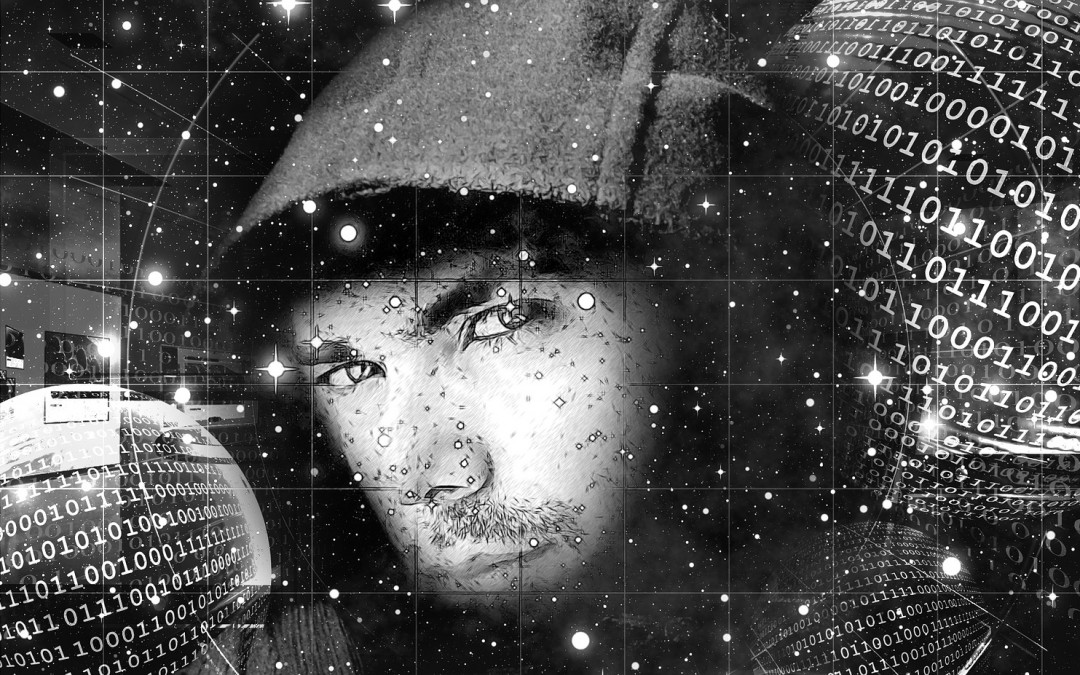
by Michael | Oct 31, 2018 | Online Safety
It’s a subject that’s increasingly making front-page news. Often, though, the media hone-in on the big businesses and multinational corporations that are targeted by Cyber Criminals. Very little is ever mentioned about how you and I are actually also prime targets. In fact, we’re higher on the list than the Sony’s and the Talk Talk’s of this world. Sure, the big businesses are key targets for the Cyber Criminal gangs and conglomerates that operate around the world. They’re after the big fish and the big paydays. But, the average Cyber Criminal? That often quiet and unassuming guy that no one would ever suspect? He’s only interested in the small fish – you and I – to make a few quid off. That’s not to say you or I aren’t potential targets for the bigger, global Cybercrime groups. We are. But whether it’s the big guns or the nerdy unassuming hacker at home, the bottom line is we all need to protect our PC from Cyber Criminals. Virus, Spyware & Ransomware Protection Like most other crooks, Cyber Criminals are cunning. Probably more cunning than your average, ‘traditional’ criminal. Why? Because cybercrime often requires more thought, planning, intelligence and technical expertise to execute than, say, burglary. One of their most popular tactics is to use viruses, spyware and ransomware to infect vulnerable machines. Once infected they can either: A) Gain access to your personal information via your PC or, B) Take control of your PC and make on-screen demands for £500 or more to set your system free (common with ransomware attacks). The most effective way of preventing this from happening...

by Michael | Sep 6, 2018 | Online Safety, Our Services, Tech Tips
There are none more famous than the ‘Millenium Bug’ (that massive thing that was meant to break the entire world, but didn’t). We’re talking about the dreaded computer virus. You’ll know roughly what one is. At the very least you’ll know it’s not a good thing. But, how are you meant to actually tell if your PC has one and is in desperate need of Virus Removal? If you’ve got Antivirus Software installed, you should get a notification to warn you of a potential threat to your PC, if you’ve set up a recurring virus check. ‘Should’. Even if you have to run a virus check manually, your Antivirus Software should (that word again!) pick up whether or not your computer has been infected and needs Virus Removal. Either way, whether you do have Antivirus Software installed or not, you should always be vigilant and aim to spot signs your computer has a virus. Warning Signs to Watch Out For Below, we’ll highlight some of the more common signs and symptoms you’ll notice if your PC is infected with a computer virus. Keep in mind, though, that the cyber criminals who create these computer viruses are cunning. They’re becoming increasingly crafty and making it much harder for viruses to detect. 1) Your PC is S-L-O-W-W-W A symptom you’ll probably be able to spot pretty easily. If your once-lightening-fast laptop or PC is now taking an age to complete even the simplest of tasks, there’s a chance it has a virus. This symptom isn’t unique to PC’s having a virus. It could well be that your PC, maybe due to...

by Michael | Jul 6, 2018 | Latest News, Online Safety
There are few events that cause more instantaneous panic than when you realise your PC has a virus. You feel violated. With measures in place to prevent it from happening, you should never have to experience that feeling. But, do you really need to spend on Antivirus Software? The IT and computer repair industries are so littered with jargon that you’d be forgiven for not knowing what ‘Antivirus Software’ is, exactly. You’ll probably be able to draw some common-sense conclusions as to what it might be or do, given the name. But, what does it mean for you and your PC’s protection? And why is it so important? What is Antivirus Software? Antivirus Software is a program that prevents, detects and removes viruses. The software does exactly what its name suggests: it prevents your PC from being maliciously attacked. Once installed, Antivirus Software searches the Hard Drive (HDD) and any external media for malware or viruses. If detected, they’re swiftly quarantined and removed by the software itself. Thus, once installed, you can pretty much kick back, relax and let the software worry about your PC’s security. Voilà! Do You Really Need Antivirus Software? In a word, YES! The fact of the matter is that you definitely do need some form of software to protect your PC, Laptop or Mac from being exposed to malware and viruses. It’s absolutely critical to the upkeep of your machine, its security and digital health. Most paid-for Antivirus Software solutions vary from about £20, right up to £700 or more. Of course, the more expensive the software is, the likelier it is to...

by Geeks Team | Jun 27, 2018 | Online Safety
Lately there has been a rash of fraudulent phone calls. These fraudsters claim to be representatives of British Telecom. There is no way to apprehend scammers of this type. Usually they live within a distant country. This puts the onus on you, the target of these scammers to arm yourself with the knowledge to know if you are being had. First and foremost, if you are ever contacted by a company that has official business with you and you do not already know the person that you are speaking with, it is not unheard of to hang up and call the company back. Scammers prey on those that are willing to stay on the line with them and reveal more and more personal information. When in doubt just hang up, no company including BT will ever call to ask for personal information out of the blue. It is important to note that the con artists have already taken this into account and will try to give you a call back number. Do not take the call back number, simply call BT or contact them on their official website. Also, BT or your bank, or any other organisation will never call you to take control of your pc. What to watch out for These scammers are after any information that they can use to make money. The easy money comes from those people that loosely handle their personal information. A scammer or con-artist will do as little work possible to get the largest pay off. They will call individuals until they find someone that stays on the line with them...

by Geeks Team | Apr 2, 2016 | Online Safety, Tech Tips
It’s every computer user’s worst fear: your computer’s got a virus. Just as we would agonise over a sick pet, we flounder and turn to an expert for a cure. It might have been from a dodgy website, or an application downloaded from the internet, or malware which hackers have sent you. While any virus should be treated seriously and you should seek out advice from tech support for it, there are some simple measures you can take to try to fix some of the symptoms in the short term, and make the virus easier to remove in the long term. Antivirus Protection It’s very true to say that the best cure is prevention. Antivirus software can detect viruses and remove them before they take hold, even without your needing to know. If you don’t have an antivirus program installed, you can get free antivirus security online from numerous websites. Avast is one of the most reliable sources out there, but obviously only download applications from sites that you have verified for yourself and can trust. You can decide how often the antivirus software scans your computer, and the running of these scans may reduce your computer’s speed but not by very much. Manual Virus Removal If you’re feeling brave, and know your way around a computer, you can try removing a computer virus manually. You can do this by first identifying the virus, using antivirus protection. You can also use an online virus scanner if you can connect to the internet. There are lots of good virus scanners around, find one specific to the kind of computer you...

by Geeks Team | Mar 1, 2016 | Online Safety
You will all no doubt have heard on the news that the TalkTalk customer database was hacked late last year by cyber criminals. Soon after many people started receiving calls from so-called TalkTalk agents claiming that either their PC had been hacked or that because of TalkTalks’ data breach they were going to receive a compensation payment of around £200. There are a number of other similar stories floating around. TalkTalk have reportedly said that these calls are not linked to the recent cyber attack – you can all make up your own minds on that one. We have had 3 people in our offices within the last seven days receiving the same kind of calls. The fraudsters are using very convincing methods get their victim to log into their bank and make a transfer to ‘TalkTalk’ (in reality the cyber criminals). I believe they are directing you firstly to a fake online bank statement showing that they have overpaid the compensation payment and that the rest needs to be transferred back. This is complete scam and TalkTalk would never make unsolicited calls with these kind of requests. If anyone does receive a call then just hang up, do not engage in any kind of conversation. If you need to speak to TalkTalk then we suggest you contact them via their sites’ contact us page: www.talktalk.co.uk/contactus or by calling 0870 444 1820 If you receive any call from any company or organisation asking to take control of your PC, claiming your PC has been attacked or asking for any kind of payment details simply hang up. We are offering...







Recent Comments